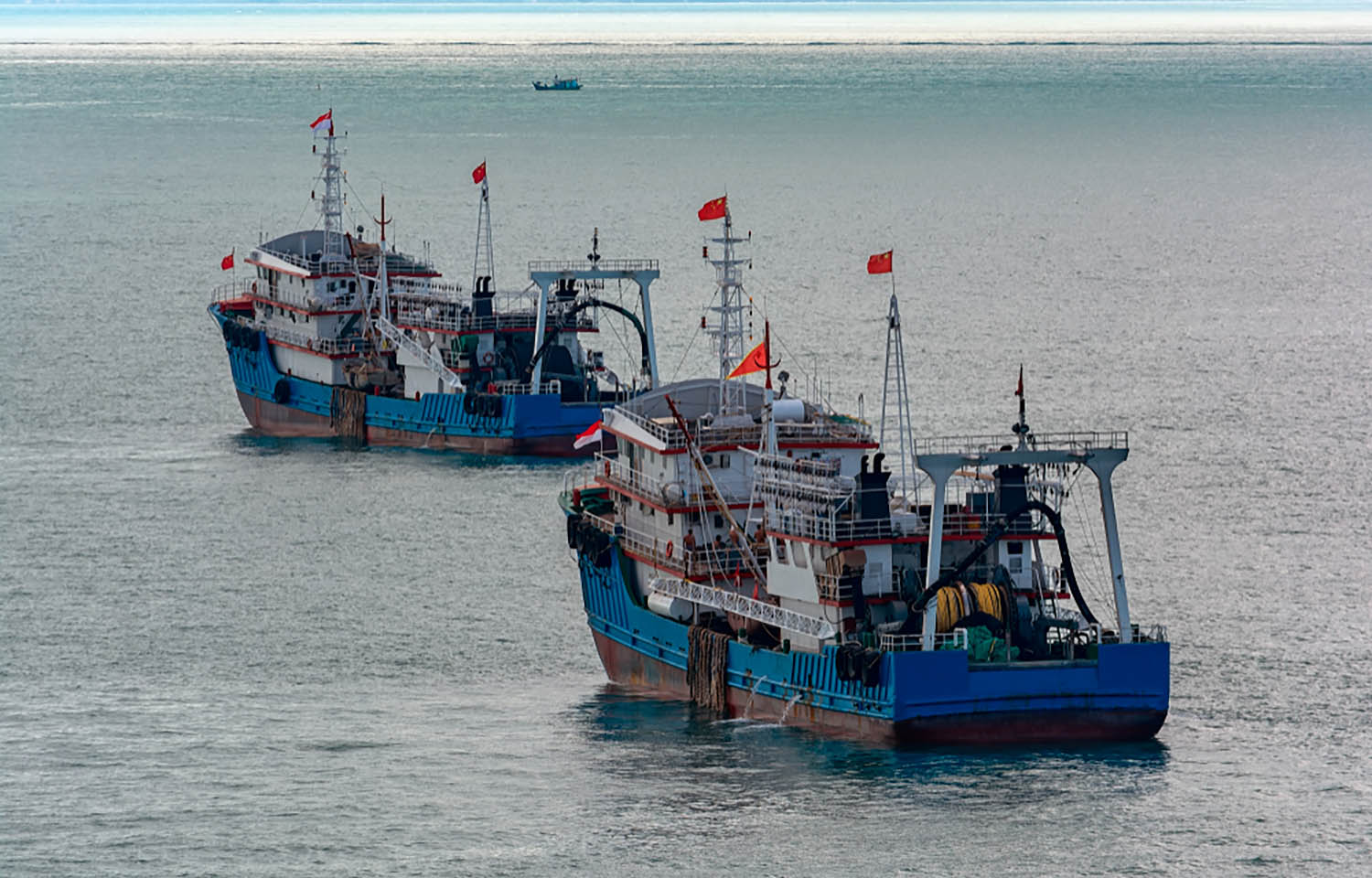Chinese officials recently announced the country will cancel subsidies to a number of distant-water fishing companies that do not meet standards set by the 2022 World Trade Organization (WTO) Agreement on Fishery Subsidies.
China formally accepted the agreement in June of 2023. According to the WTO, it is one of 52 countries that have signed onto the deal; two-thirds of WTO member countries, or 110 in total, need to sign in order for the deal to enter into force.
Referencing the agreement’s stipulations, Chinese authorities alerted WTO officials that “for a small number of distant-water fisheries subsidies that do not meet the provisions of Article 4.1 or 5.1 of the Agreement on Fisheries Subsidies, China will abide by the Agreement and cancel the relevant subsidies once it comes into effect.”
This commitment was outlined in a recently published review of China’s WTO membership, which served as the first such review of Chinese industries under WTO standards since 2013.
Article 4.1 of the 2022 deal on prohibiting harmful subsidies states that no WTO member “shall grant or maintain subsidies for fishing or fishing-related activities regarding an overfished stock.” Article 5.1 prohibits subsidies to fishing operations in areas of the world’s oceans that are outside of the jurisdiction of regional fisheries management organizations or exclusive economic zones.
The Chinese government submitted three seafood subsidy programs overseen by the central government and 22 programs overseen by local or provincial governments for WTO review.
“Support has been [subsidized] for the construction of national-level coastal fishing port economic zones as pilot projects to promote high-quality and efficient fisheries, liveable and profitable fishing areas, and the prosperity of fishers,” the WTO report said. “Support has [also] been granted for green and circular development pilot projects in fisheries, where provinces are encouraged to take counties as pilot units, promote standardized renovation of inland aquaculture ponds, and achieve the standardization of tailwater treatment in aquaculture.”
Chinese subsidies are also being paid for …








